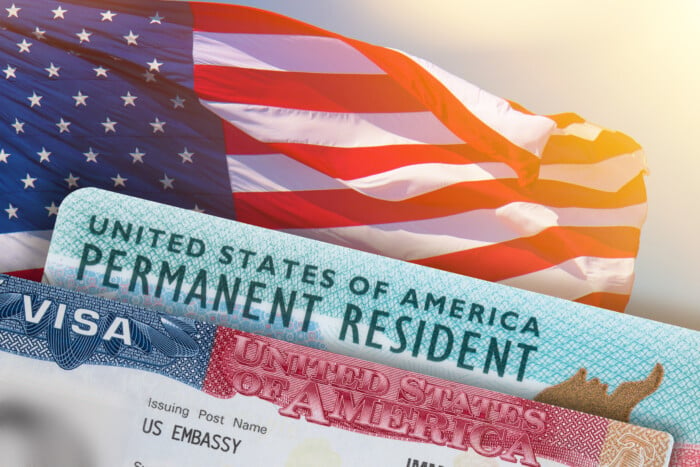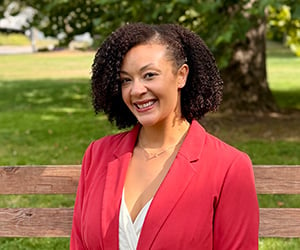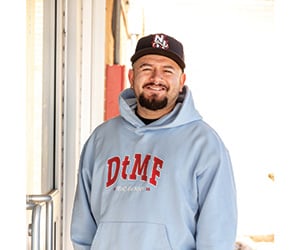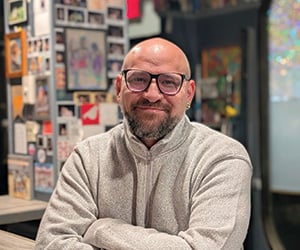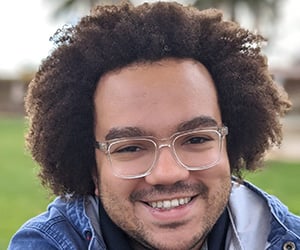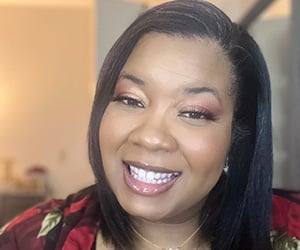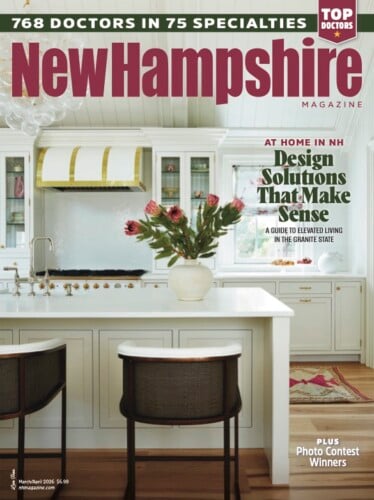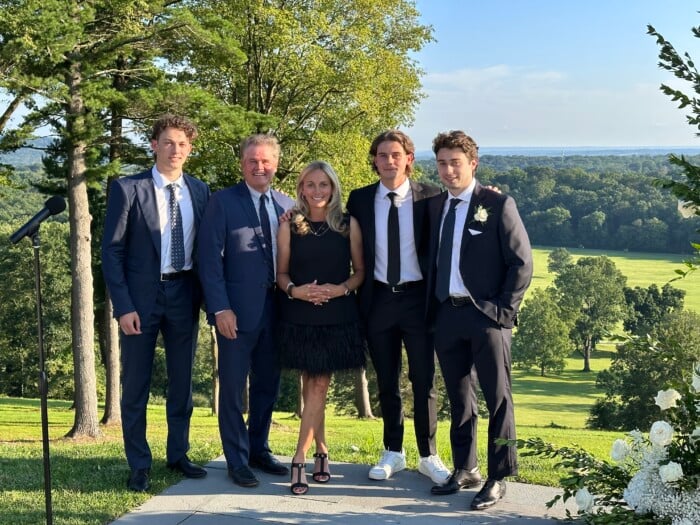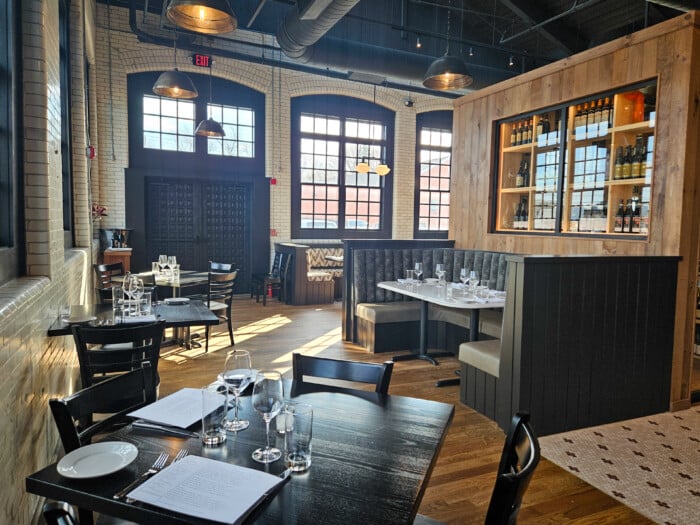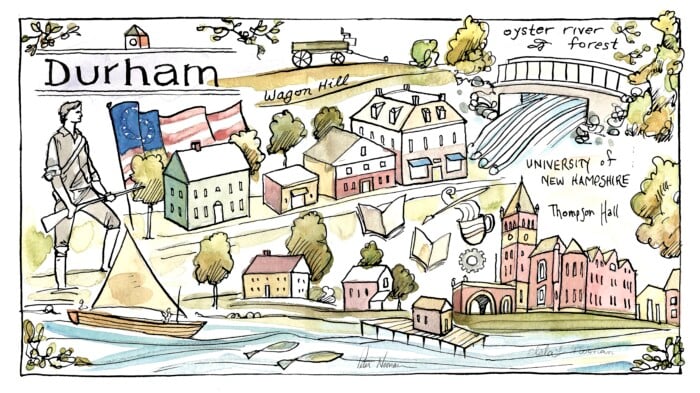Essay: Interfaith cooperation creates communities of belonging
Whatever your organization’s diversity, equity and inclusion (DEI) strategies are, we must remember that religious and worldview diversity and interfaith cooperation should be a part of it. Though often overlooked or actively avoided, these diverse perspectives should be celebrated and valued for how they make our organizations better and more integrated.
When I began working to advance DEI in my early career and as chief diversity officer at Plymouth State University, I originally took a limited approach, or what I called a “careful” approach when it came to engaging with religious and worldview diversity.
This was due to a several reasons, but, most prominently, the fear of backlash, particularly in the context of a public university. I also feared we would risk focusing on certain religious identities while excluding others. Over time, I came to realize this carefulness and fear of engaging with it fully was itself a form of disengagement and exclusion.

As a person of faith myself, I began to feel the effects of that. As a follower of Jesus, faith is a huge part of my personal life and informs the professional and volunteer work that I do. However, because I was taking such a careful approach to religious and worldview diversity in my work, I felt like I was holding back and unable to bring my full self to my work. This left me feeling like an imposter. As a chief diversity officer, this was problematic, because my role is to help create a community that promotes belonging.
According to organizational design expert Krys Burnette, institutional belonging can be defined as “an organization that engages full potential of the individual, where innovation thrives, and views, beliefs and values are integrated.”
Whenever our diversity, equity and inclusion strategies limit people from bringing their full and authentic selves into our institutions, people will feel psychologically unsafe, incentivized to silence themselves or leave the organization; in other words, such organizations are doomed to fail. On the other hand, when people feel safe to share their differing perspectives, our institutions will likely see improved retention and better overall outcomes across the board.
So, how can we leverage interfaith cooperation to create communities that promote belonging? Interfaith cooperation is best defined as “the process in which people who orient around religion differently come together in a way that respects different religious identities; build mutually inspiring relationships; and engage in common action around issues of shared political concern,” according to Eboo Patel, founder of Interfaith America and Cassie Meyer, assistant dean of student equity and career readiness at Sewanee: The University of the South.
To put it simply: We don’t need to agree on everything in order to extend a hand of friendship and cooperation, or to accept another’s offer of the same.
Plymouth State University was one of several institutions selected from across North America to attend an Institute on Teaching and Learning for Campus-wide Interfaith Excellence hosted by Interfaith America and the American Association of Colleges and Universities. This conference provided us with the tools, resources and $4,500 in grant funding to develop our own framework for advancing interfaith cooperation across our campus community.
Throughout this academic year, our Interfaith Excellence Team — a new group of PSU faculty and staff dedicated to advancing teaching and learning for campus-wide interfaith excellence — has been hosting a variety of strategic interfaith initiatives. For example, two of our team members have been facilitating Brave Space, a professional development opportunity for faculty and staff, focused on religious and worldview diversity. In December, several university departments, such as the Inclusion, Diversity, Equity and Access (IDEA) Center, Student Life, the Catholic Campus Ministry and the Counseling Center, were able to host a vigil for peace and healing amid the Israel-Hamas war and other conflicts, with some spiritual rituals of reflection.
Most recently, we hosted a campus interfaith dinner to honor the spring season, which is full of spiritual traditions and rituals for many different world religions. This event brought together students, faculty, staff and community members to enjoy delicious food, presentations from various individuals representing their own spiritual traditions, and intentional interfaith dialogue.
Plymouth State University also recently completed the Interfaith, Spiritual, Religious, and Secular Campus Climate (INSPIRES) Index, which measures, evaluates and represents an institution’s efforts toward, and commitment to, establishing a welcoming climate for students of different worldview identities.
The results of our assessment will help us in determining the next steps we need to take to continue our growth in supporting our students, faculty and staff from diverse backgrounds and viewpoints. This is what interfaith cooperation has looked like for us. For others, it will likely look different.
I’ve seen the power of elevating attention to various religious, spiritual and secular identities and supporting interfaith cooperation to advance our diversity, equity and inclusion efforts significantly. What used to be an uncomfortable topic that I and many others avoided has become a central pillar of our work to create communities that promote belonging. And I’m heartened to see folks from diverse perspectives engaging in the work on our campus.
When most of us look back on our lives, we can remember moments where we have been excluded because of some aspect of our identity. Or moments when expressions of faith and various worldviews have provoked fiery responses from those who hold differing views or have escalated into a destructive breakdown in dialogue.
We can also remember those times when we were surrounded by difference, and we recognized that those differences were what made us stronger. So, instead of viewing discussions about religion and worldviews as taboo, let’s work toward interfaith cooperation.
Our world is fraught with divides across religious and cultural differences, but I’m hopeful for the future as long as we continue to offer our hands in the spirit of friendship.
As the poet Oscar Auliq-Ice said, “Let not our differences tear us apart, but let our unity be the glue of our heart. For in our diversity lies our strength, and together we shall go to great length.”
This article is featured in the spring-summer 2024 issue of 603 Diversity.
603 Diversity’s mission is to educate readers of all backgrounds about the exciting accomplishments and cultural contributions of the state’s diverse communities, as well as the challenges faced and support needed by those communities to continue to grow and thrive in the Granite State.
